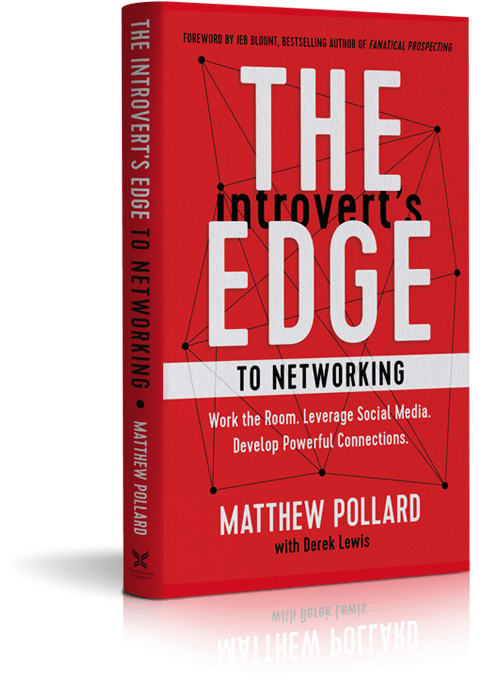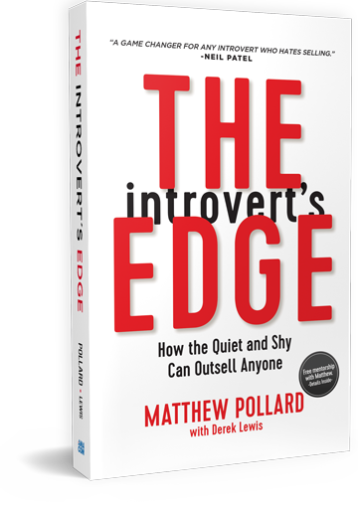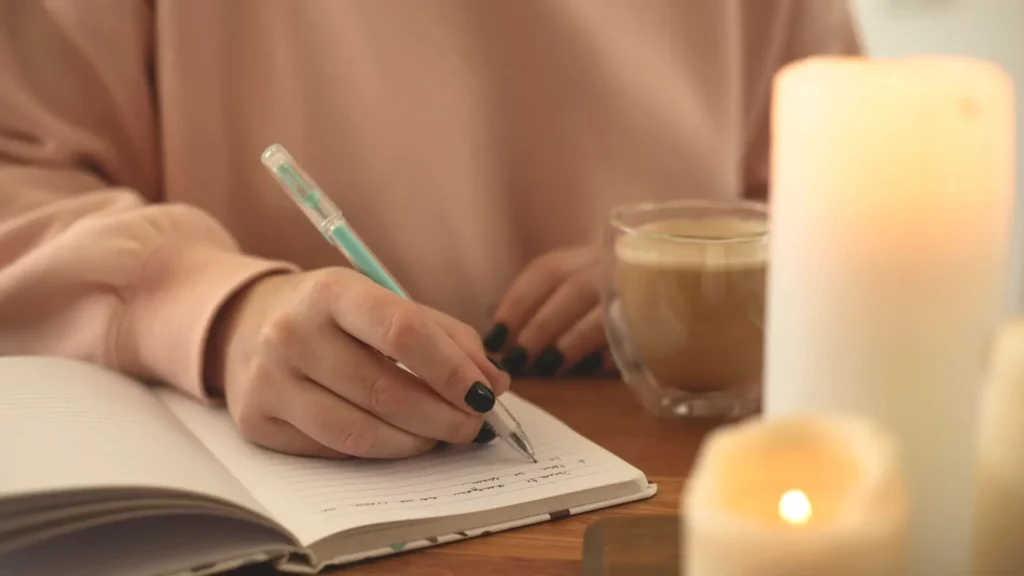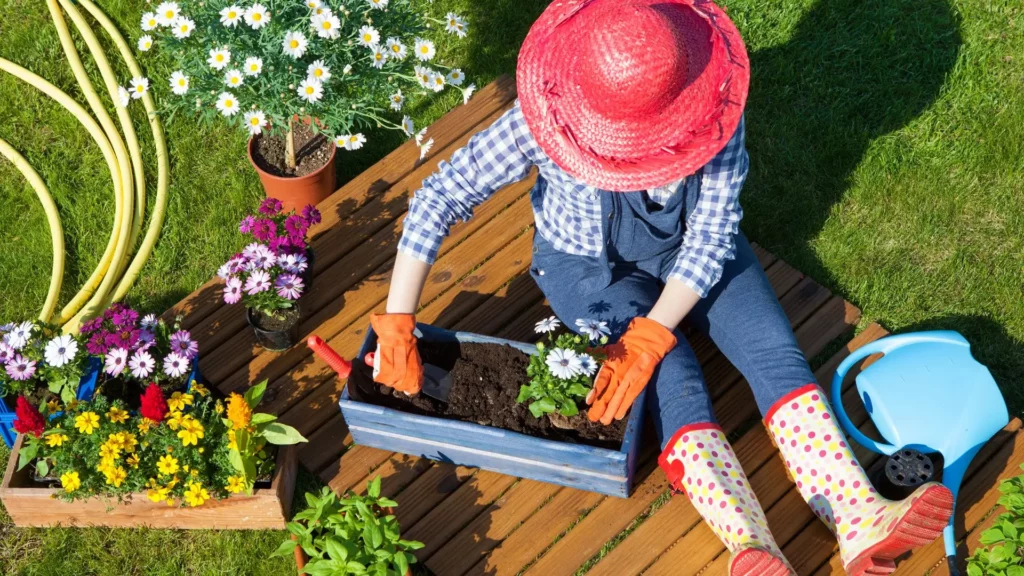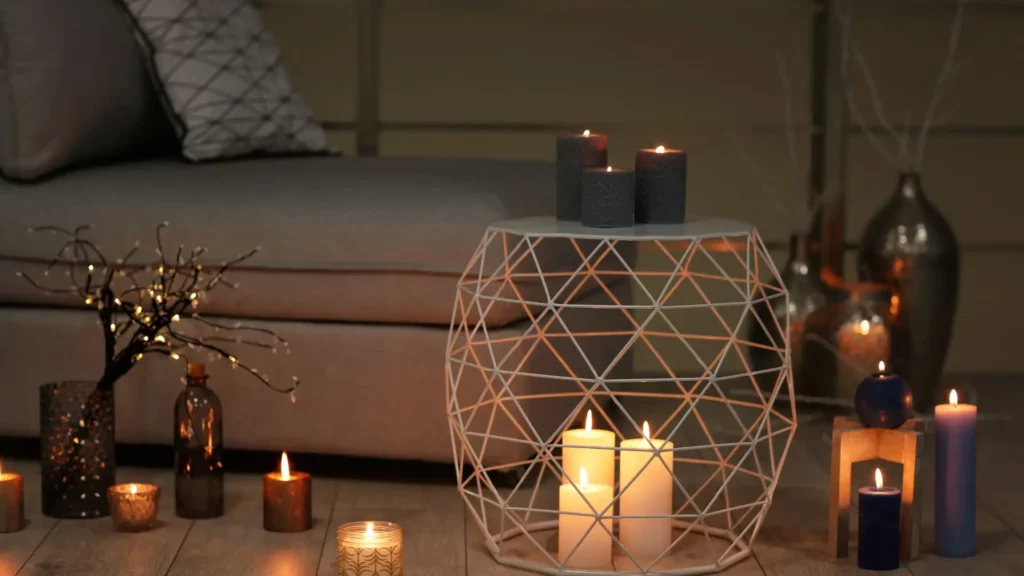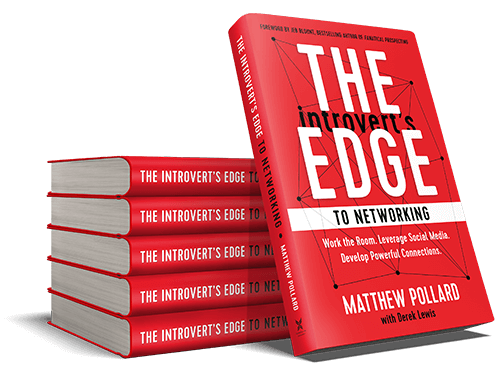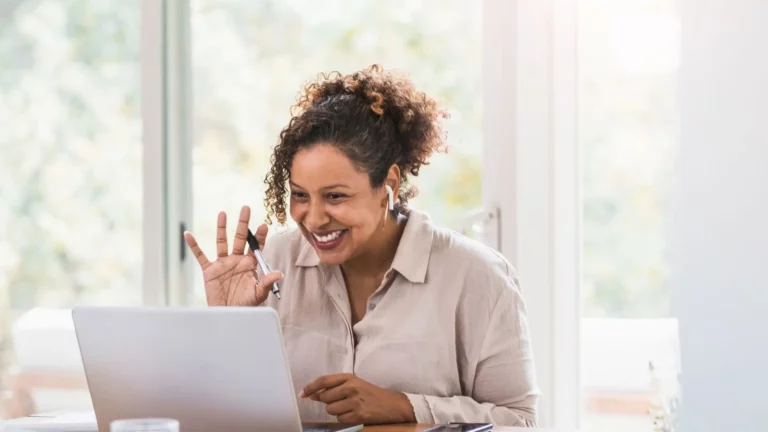Are you an introvert who finds it challenging to maintain a self-care routine that truly addresses your unique needs? You’re not alone. As introverts, we require a different approach to self-care that acknowledges our sensitivity to external stimuli and preference for solitude. The good news is, there are many ways to create and stick to a plan focused on self care for introverts.
In this article, we’ll discuss various aspects of self-care for introverts, including developing a personalized routine, engaging in mindful activities, and embracing our introverted qualities. We hope this guide provides you easy, sustainable ways to relax, recharge, and flourish in a world that can sometimes feel overwhelming.
Understanding the Need for Self-Care for Introverts
As introverts, our inner world is rich and vibrant, and we often prefer to spend time alone, focusing on our thoughts and feelings, rather than seeking out external stimulation. This innate sensitivity to external stimuli means that we have unique self-care needs, which are essential for maintaining our mental and emotional well-being. So, how do we practice self-care in a way that caters to our introversion?
One key difference between introverts and extroverts lies in our response to social interactions. While extroverts tend to feel energized by socializing, introverts feel tired and quickly drained by socializing with others – even if we’ve had a ball, and even if we’re with other introverts. So, while an extrovert might enjoy something like a community baseball league or a cooking class as a way to unwind and energize, that won’t work for introverts. It’s crucial for us to incorporate quiet self-care ideas, such as spending time alone, engaging in creative hobbies, and practicing mindfulness.
The Importance of Alone Time for Introverts
Alone time is incredibly important for introverts, as it allows us to unwind, reflect, and focus on our own lives, feelings, and mental health. In fact, according to Dr. Marti Olsen Laney, author of The Introvert Advantage: How Quiet People Can Thrive in an Extrovert World, when introverts don’t get enough time to ourselves, the repercussions can be fairly serious. They include:
- Difficulty concentrating, making decisions, and thinking clearly
- Feeling irritable and anxious
- Frequent illness and body pain
- Trouble sleeping
- Feeling trapped and purposeless
- Feeling disconnected from yourself
If that doesn’t convince you to slow down and take some time for yourself, we’re not sure what will!
So, how can we make the most of this alone time? Self-care for introverts can include solo activities like reading, watching a great TV show or favorite movie, taking power naps, enjoying some good music, or engaging in creative hobbies. These activities not only help us feel rested, but also allow us to ultimately be more present in social situations, when they arise.
To create a comfortable space for relaxation and reflection, try dimming the lights or finding a quiet and cozy room. Embracing the pleasure of our own company and enjoying these moments of solitude are essential aspects of self-care for introverts.
Creating a Personalized Self-Care Routine
Some people, especially those who have been conditioned to look out for other people over themselves, scoff at the idea of a self-care routine, thinking that it’s just a luxury or a waste of time. As we’ve seen above, it’s anything but. Taking the time to look after our emotional and mental health is just as important as maintaining our physical health.
Dr. Kaylee Crockett, clinical psychologist in the University of Alabama Department of Family and Community Medicine, notes that “self-care is important because it enhances our well-being by keeping us connected to ourselves and what matters most to us. It can help prevent illnesses from occurring or recurring, and it builds our capacity to handle stress and recover from adversity.”
So how do we go about creating a sustainable routine that recharges our batteries and keeps us introverts mentally and physically fit?
Assess Your Needs and Priorities
Assessing your needs and priorities involves introspection and self-awareness. Start by recognizing the activities that make you feel drained and those that rejuvenate you. Understand your boundaries and respect them. This assessment is not a one-time task, but a continuous process as our needs and circumstances evolve over time.
Here are some steps you can take to guide you in this process:
Identify Energy Sources: What activities give you fulfillment and more energy? These could be anything from reading a book, gardening, painting, or simply sitting in silence.
Recognize Energy Drains: Conversely, what activities leave you feeling drained or overwhelmed? This could be large social gatherings, noisy environments, or being constantly available to others.
Understand Your Boundaries: What are your limits when it comes to social interactions and commitments? How much alone time do you need to recharge? Be sure you understand your boundaries and communicate them to others.
Reflect on Your Emotional Needs: What are your emotional needs? They may include the need for quiet time, the need for creative expression, or the need for deep, meaningful conversations rather than small talk.
Consider Your Physical Needs: How does your physical well-being impact your energy levels? Think about your diet, exercise routine, sleep habits, and any other physical health considerations.
Check in Regularly: Make it a habit to regularly check in with yourself to assess whether your needs or priorities have changed. You could do this through journaling, meditation, or simply setting aside quiet time each day for self-reflection.
When crafting a self-care routine, consider incorporating physical activities like exercising and eating right, mental activities like reading or being creative, and spiritual activities like connecting with nature or meditating. Addressing each of these needs in your own life allows you to create a well-rounded routine that caters to your introversion and provides the support and rejuvenation you need.
Set Realistic Goals and Expectations
Setting achievable goals and expectations for your self-care routine is essential to ensure consistency and long-term success. Be mindful of your limits and create a plan that is tailored to your needs and lifestyle. Examples of realistic goals could include improving sleep quality, taking breaks from social media, scheduling days of rest, practicing mindfulness, taking a long walk outdoors twice a week, or even drinking more water. All of these practices will contribute to your physical, emotional, psychological, and spiritual health.
Setting SMART (Specific, Measurable, Achievable, Relevant, and Time-bound) goals for your self-care routine can help you stay on track and remain committed to your well-being. At the same time, there’s no need to be militant about it, which could ultimately end up causing more stress rather than alleviating it. If SMART goals work for you, great! If you prefer a more scaled-down approach, such as simply allowing yourself to do nothing for 15 minutes when you’re feeling overwhelmed, that’s great too.
Self-care is not a one-size-fits-all approach, and you may need to experiment to find what works best for you. Be patient with yourself, be open to change, and celebrate your progress as you cultivate and tweak a routine that nurtures your mind, body, and soul.
Mindful Activities for Introverted Self-Care
The University of California defines mindfulness as “maintaining a moment-by-moment awareness of our thoughts, feelings, bodily sensations, and surrounding environment, through a gentle, nurturing lens.” It involves being fully in the present, rather than being stuck in the depression and anxiety that comes from living in the past or future.
Thousands of studies over the past four decades have demonstrated the many benefits of mindfulness, which include:
- Improved mental health
- Enhanced self-awareness
- Better physical health
- Increased resilience
- Improved relationships
- Enhanced productivity
- Better emotional regulation
- Improved focus and concentration
- Greater self-compassion
- Lowered blood pressure
- Improved sleep quality
- Enhanced cognitive function
- Increased self-esteem
- Better stress management
- Improved work-life balance
- Enhanced ability to relax
- Greater inner peace
- Improved mind-body connection
- Increased patience and tolerance
- Enhanced overall quality of life
With all of those incredible benefits, it’s definitely worth incorporating some mindfulness into your routine. Below are just a few suggestions for mindful activities. The most important thing to remember is to be fully present, without judgement, catching your mind when it inevitably wanders, and bringing it back to the present task.
Journaling
Journaling is a powerful self-care for introverts tool, as it allows us to express our emotions, process our thoughts, and gain insights into our inner selves. Putting pen to paper is a highly effective way to release pent-up feelings, explore our emotions, and develop a deeper understanding of our experiences and reactions.
If you’re new to journaling, start by setting aside a few minutes each day to write about your thoughts, feelings, and experiences. You can also explore different types of journaling, such as art journaling, which combines art and words to create a visual representation of your emotions.
Meditation and Breathing Exercises
Meditation and breathing exercises are invaluable tools for introverts seeking to recharge and reduce stress. Regular meditation practice can help introverts recharge their mental batteries, alleviate anxiety, decrease mental distress and irritability, and improve sleep quality. By providing a quiet and relaxing space to simply be, meditation offers introverts the opportunity to connect with our inner selves and cultivate mindfulness.
Breathing exercises, such as box breathing and deep breathing, can help many introverts manage stress and anxiety more effectively. Focus on your breath, bring your attention to the present moment, and acknowledge and let go of any racing thoughts or worries. Breathing exercises are a proven way to maintain mental clarity and emotional balance, which are essential aspects of introverted self-care.
Engaging in Creative Hobbies
Creative hobbies, such as crocheting, origami, woodworking, and coloring, can provide introverts with a much-needed escape from the stressors of daily life. These activities allow us to immerse ourselves in a world of creativity and self-expression while providing a soothing and relaxing outlet for our thoughts and emotions.
Moreover, engaging in creative hobbies can have numerous mental health benefits, such as reducing stress, improving focus, and promoting a sense of accomplishment and self-efficacy.
If you don’t currently have a creative hobby, is there one you’ve always wanted to try? Was there something you enjoyed as a kid that has fallen by the wayside in the hustle and bustle of adult life? There are no wrong answers when it comes to creativity; the best hobby is one you enjoy, are fulfilled by, and will sustain.
Physical Self-Care for Introverts
Physical self-care is just as important as mental self-care to maintain overall well-being and reduce stress. Exercise, in particular, can boost endorphins and alleviate stress, making it an essential component of any self-care routine.
In addition to regular exercise, introverts can benefit from incorporating stretching, yoga, and other mindful physical activities into their self-care routines. These activities not only promote physical health, but also help us connect with our bodies and create a sense of inner harmony.
You can even combine mental and physical self care by adopting a practice like mindful walking. This involves fully focusing on the sensation of walking, feeling your feet touch the ground, the rhythm of your breath, the muscles moving in your legs, and the wind against your skin. It’s a wonderful way to connect to yourself, live in the moment, take care of your body, and show some self-love.
Social Self-Care for Introverts: Connecting with Like-Minded Individuals
While we introverts may prefer solitude and quiet time, social self-care is still an important aspect of our overall health. Surrounding ourselves with supportive and understanding friends is a lovely way to create a sense of belonging and foster healthy relationships.
To practice social self-care for introverts, engage in activities that promote connection without causing overwhelm or exhaustion. This may include joining a book club, hiking with a partner, enjoying a leisurely phone call, or attending small gatherings with close friends.
The goal of social self-care is to nurture and maintain healthy, supportive relationships that contribute positively to your life. The specific activities and the amount of social interaction needed can vary greatly from person to person, so it’s important to find a balance that works for you.
Setting Boundaries and Saying No
While it’s not accurate to say that all introverts are people-pleasers, it’s not uncommon for introverts to exhibit people-pleasing behaviors. This is often because introverts tend to be more sensitive to the feelings and needs of others, which can lead us to go out of our way to avoid conflict or to make others feel comfortable.
Thus, understanding how to set boundaries and learning to say no are essential ways to practice self-care for introverts. Healthy boundaries help protect our energy levels, maintain emotional equilibrium, and ensure that our needs are being met, too. Learning to say no allows us to prioritize our own well-being and create space for the activities and relationships that truly matter to us.
To practice setting boundaries, start by identifying the areas in your life where you need to establish limits, such as work, relationships, or social engagements. Be prepared to communicate your boundaries assertively and walk away from situations or relationships that consistently drain your energy. This isn’t always easy to do, but remind yourself that setting boundaries and saying no are not acts of selfishness. They are essential aspects of self-care that allow us to thrive as introverts.
Embracing Your Introverted Nature
Embracing our introversion is critical to self-care for introverts. Some of us may have grown up thinking there was something wrong with us simply because of our personality type, that we needed to pretend to be someone we’re not, or that we aren’t as valuable or worthy as our extroverted counterparts.
Of course none of that is true. Thanks to dedicated scholarship and understanding of the introverted mind over the last decade, society (and more importantly we ourselves) have a much greater awareness of all the reasons we should be celebrated!
Embracing our introverted qualities can lead to greater self-acceptance, self-esteem, and increased overall happiness. Introversion comes with numerous advantages, such as greater self-awareness, deeper contemplation, creativity, good listening skills, and the ability to think before we speak. When we recognize and celebrate these strengths, we can foster a positive self-image and develop a deeper appreciation for who we are. This is a great foundation for self-care.
We encourage you to engage in self-reflection and explore the aspects of your inner self that make you unique. Acknowledge your strengths and challenges, and develop strategies to nurture your introverted qualities in both your personal and professional life. Self-acceptance is a journey, and often a lifelong one. There is no better time to start than today.
Digital Detox: Disconnecting from Technology
Constant connectivity is overwhelming and draining, especially for introverts who require quiet time to feel recharged. One of our favorite self-care ideas is disconnecting from technology via a digital detox. This is a helpful way to alleviate the anxiety of being perpetually on call, especially if you feel pressure to get back to people immediately. That close friend, family member, or work colleague can wait!
It can also be extremely beneficial to take your eyes and mind off social media and the 24-hour news cycle for a while. More often that not, these both make us all anxious, introverts and extroverts alike. The world will go on turning without us for a few hours, rest assured.
To practice a digital detox, set aside designated times each day or week to unplug from your devices and engage in activities that promote relaxation and rejuvenation. This may include reading a book, going for a long walk in nature, taking a bubble bath, having a nap, or engaging in a favorite hobby.
And if you’re really feeling ambitious, try detoxing for an entire weekend!
Creating a Comfortable and Relaxing Environment
Creating a comfortable and relaxing environment can significantly improve an introvert’s ability to unwind and recharge. A cozy and soothing atmosphere allows us to concentrate on tasks, ponder our thoughts, and have a little “me time” while providing a sanctuary from the stressors of daily life.
Consider incorporating elements such as soft lighting, calming music or nature sounds, and comfortable furniture into your space. Surround yourself with elements that promote relaxation and tranquility, to help you cultivate a sense of inner peace and create a self-care zone that truly nurtures your introverted spirit.
Conclusion
Practicing self-care for introverts requires a tailored approach that addresses our unique needs and preferences. When you develop and maintain a personalized routine that incorporates mindful activities, physical fitness, and social connection with like-minded individuals, the result is greater self-acceptance, improved health, and increased overall happiness.
As fellow introverts, we understand the challenges of navigating a world that often feels overwhelming. But by incorporating the practices discussed in this article (and coming up with some of your own), you can cultivate resilience, maintain well-being, and thrive in all areas of life.







